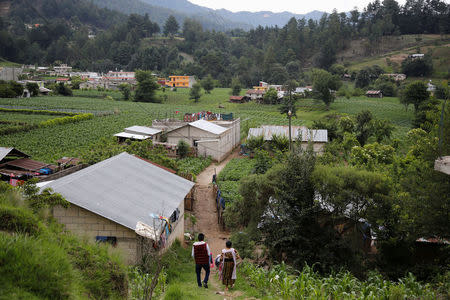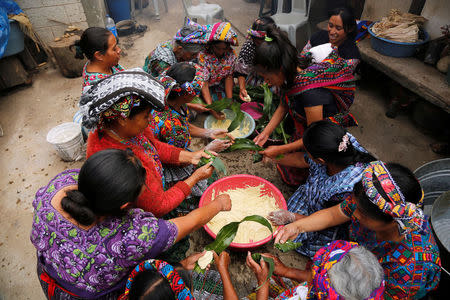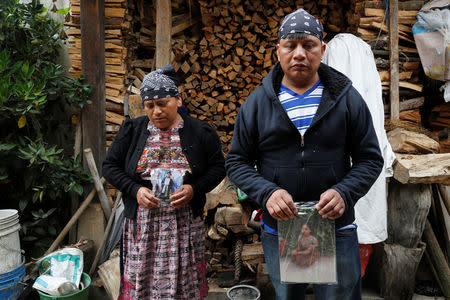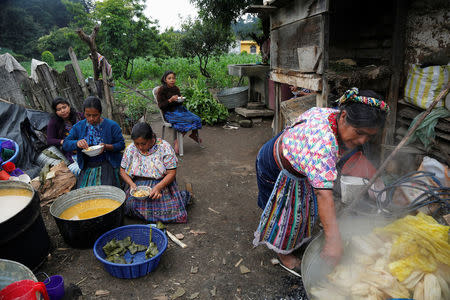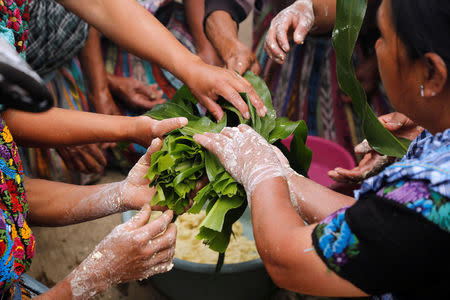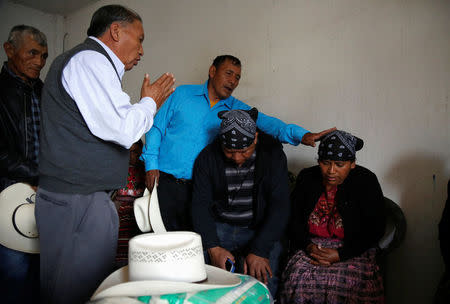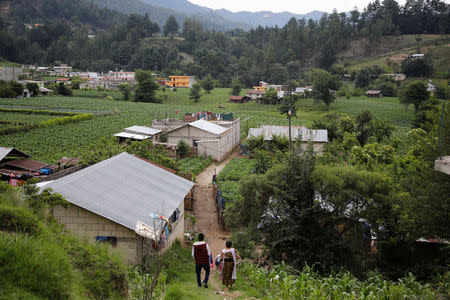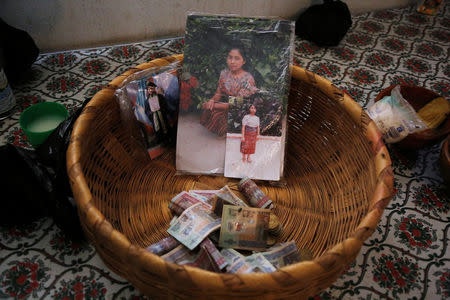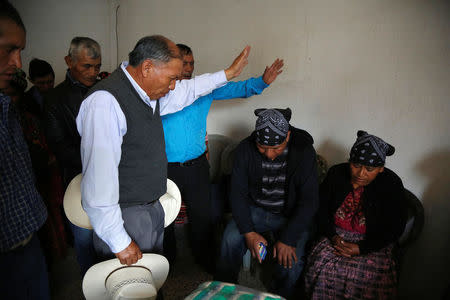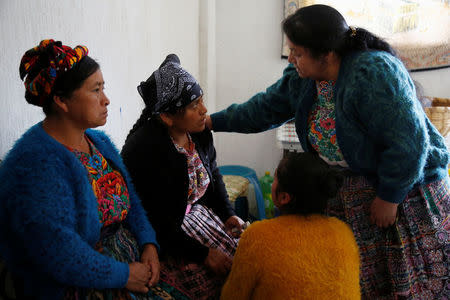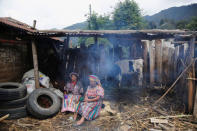Guatemalan family mourns accountant daughter shot dead on U.S. border
By Sofia Menchu SAN JUAN OSTUNCALCO, Guatemala (Reuters) - For Claudia Gomez, the 19-year old indigenous Guatemalan who was shot last week by a border patrol officer, the chance for a better life in the United States outweighed worries about a crackdown at the border, her family said on Sunday. Gomez grew up in the village of San Juan Ostuncalco, surrounded by cinder block homes built with dollars sent home by relatives in the United States and a road the community had paved with a collection of remittances. Interviewed at their home, her parents said she had set off despite what they had heard about tougher policies toward illegal immigrants under U.S. President Donald Trump. "Yes, you hear about it," said Gilberto Gomez, Claudia's father, when asked about Trump's policies. "But sometimes you hear that a lot of people manage to make it through, so because of that, she thought of leaving." Gomez was shot last on Wednesday in south Texas by an officer who opened fire after several people "rushed him," the Border Patrol said on Friday, backing away from a previous statement that said migrants had attacked the agent with blunt objects, and that Gomez was among the assailants. On Sunday, his wife sat in their home next to pictures of Claudia displayed on a table. In one, Claudia wore her graduation gown from high school, in another, a colorful frock of the Mam group of Guatemala's native Maya. Women neighbors made tamales outside to feed others who stopped by to offer their condolences. Claudia finished an accounting degree from a technical high school two years ago, but she failed to find work in the nearby town, where every place she looked asked for a college degree, her mother Lidia Gonzalez said. Her parents could not afford to send her to school. "So she asked for my permission to go. ... I said no, you do not leave," Gonzalez said, fighting back tears. "'Mom,' she said, 'I'm grown up already, I'm going to achieve something, I'm going earn my own money to study.'" Now, Gonzalez is unsure when her daughter's body will be returned. "I didn't say good bye to my daughter," she repeated to herself, her face beneath a handkerchief, between singing religious refrains and speaking phrases to her absent daughter. "Right now, what we want is for justice to be done and that whoever did this, pays for it," her father said. "She was a quality girl with a lot going for her. That is why it hurts so." In the months after Trump took office, the number of migrants caught along the U.S.-Mexico border and Mexico's southern border with Guatemala fell dramatically. But arrests have crept back up since. Data from Mexico's migration institute shows deportations of Guatemalans fell in the first three months of 2017 compared to the prior year, but they have been rebounding close to 2016 levels to nearly 13,200 in the first quarter of 2018. Poverty, as well as deepening violence from with criminal gangs and drug traffickers has driven hundreds of thousands of Central Americans to try and cross the U.S. border illegally or to try and seek asylum. In the area around Gomez' village, locals pay human smugglers more than $9,000 to get them across the border, said one of her relatives who noted that he had snuck into the United States and preferred not to give his name. People often mortgage their farms to get the funds to go, he said. Fernando Vicente, a 73-year old farmer, saw both his children leave for the United States. "Here, the option is to go there, because there is no work here, there is no opportunity," he said. (Writing by Michael O'Boyle; Editing by Richard Chang)
